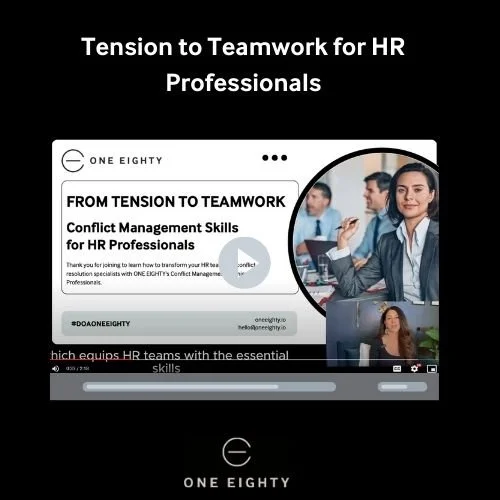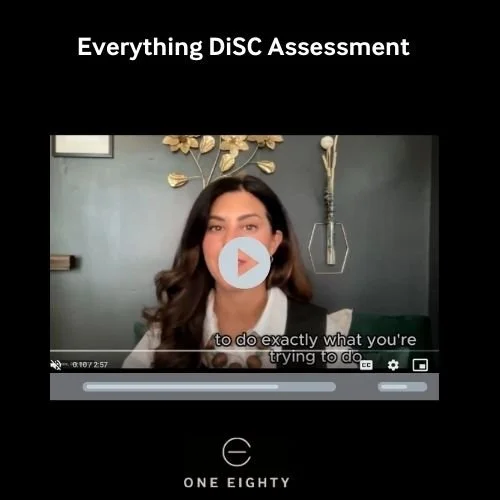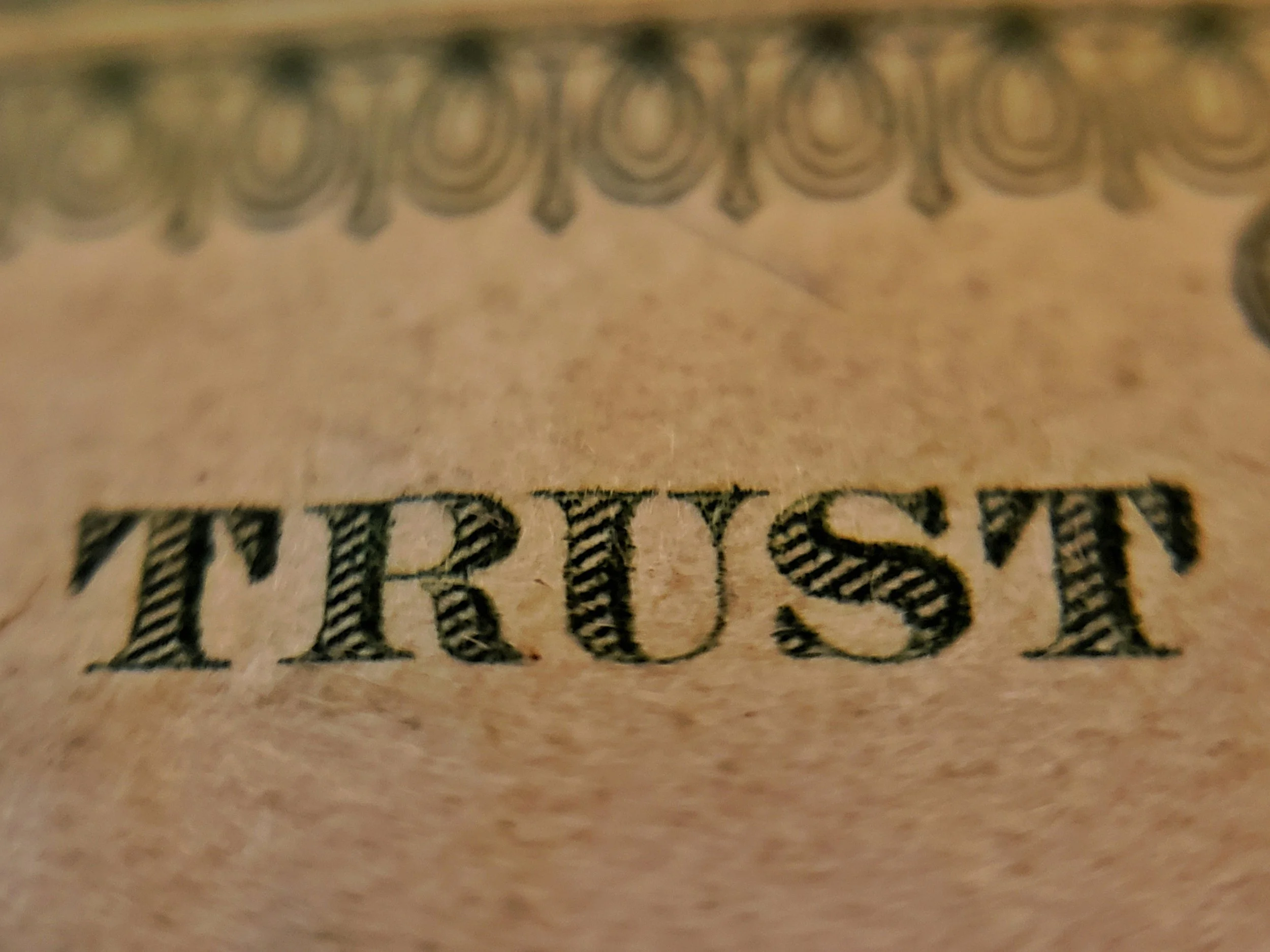Achieving alignment in any team or organization is crucial for driving forward momentum and achieving common goals.
However, the path to alignment is often fraught with challenges, from differing perspectives and interests to communication barriers and resistance to change.
In this article, we explore effective strategies to overcome these challenges, fostering a collaborative environment that enables teams to move forward together.
Read MoreAs the summer winds down and the hustle of daily life resumes, August presents a unique opportunity for introspection and realignment. This month, we’re focusing on the theme of “August Alignment,” a practice of ensuring that our actions are in harmony with our core values and long-term aspirations, even as the demands of reality beckon us in multiple directions.
Read MoreTrust is the cornerstone of all successful relationships, both personal and professional.
In a business context, trust within a team can lead to increased innovation, better conflict resolution, and more effective communication. Similarly, accountability involves holding oneself and others responsible for meeting adhering to the company's behavioral and values-based standards. Together, these elements can create a supportive environment, especially when modeled at the highest levels of leadership.
Read More


















